This deliberate act of putting ourselves in God’s presence sometimes requires an effort. We have to lay our worries aside, along with everything else we have on our minds or occupying our imaginations, in order to turn resolutely to face God and direct our attention and love to him. Before doing that, a sort of “airlock moment” to clear our heads can sometimes help us to rid ourselves of any agitation and enter into prayer: a five-minute walk, some moments of relaxation or deep breathing, a calm cup of tea. Sometimes our time of prayer must be preceded by a sort of psychological threshold that eases the transition from everyday stress to this very different kind of activity, made up largely of receptivity, which is prayer.
Thirsting for Prayer by Father Jacques Philippe
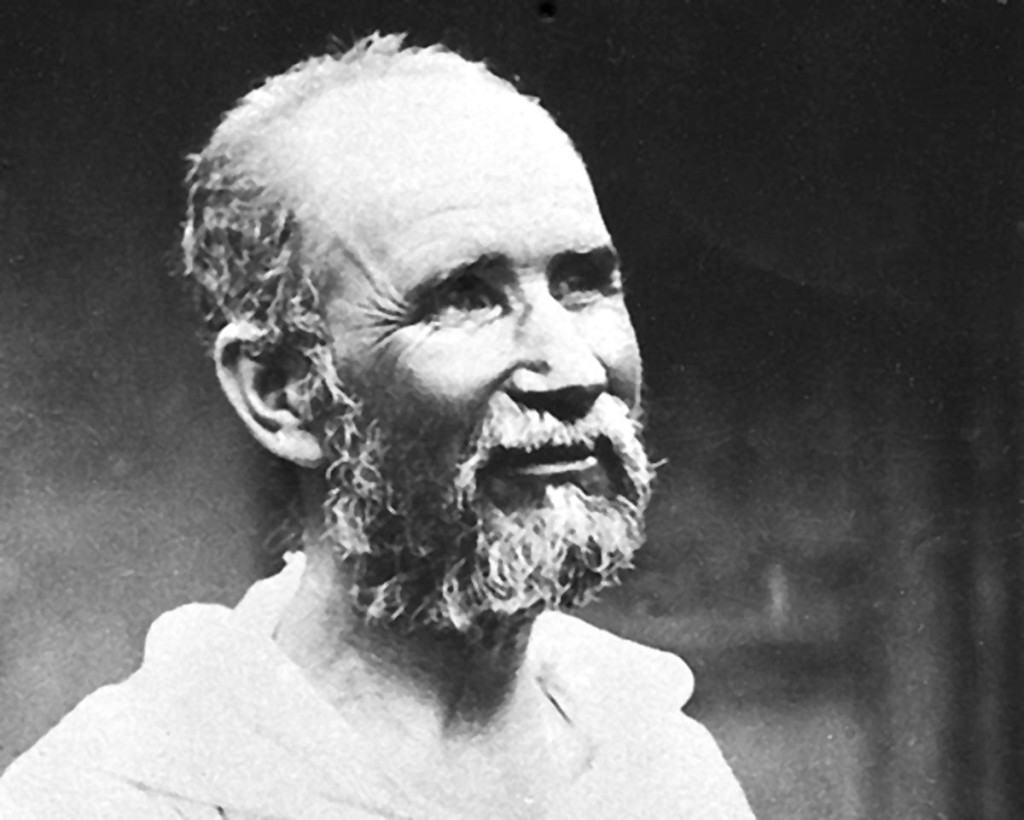
Ordained in Viviers in 1901, he (Charles de Foucauld) decided to settle in the Algerian Sahara at Béni Abbès. His ambition was to form a new congregation, but nobody joined him. Taking the religious name “Brother Charles of Jesus”, he lived with the Berbers, adopting a new apostolic approach, preaching not through sermons, but through his example. In order to become more familiar with the Tuareg, he studied their culture for over twelve years, using a pseudonym to publish the first Tuareg-French dictionary. He collected hundreds of Tuareg poems (paying a few sous to anyone who would bring poems to his hermitage) which he translated into French. He censored nothing in the poems, and never changed anything that might not conform to Catholic morality. De Foucauld’s works are a reference point for the understanding of Tuareg culture.


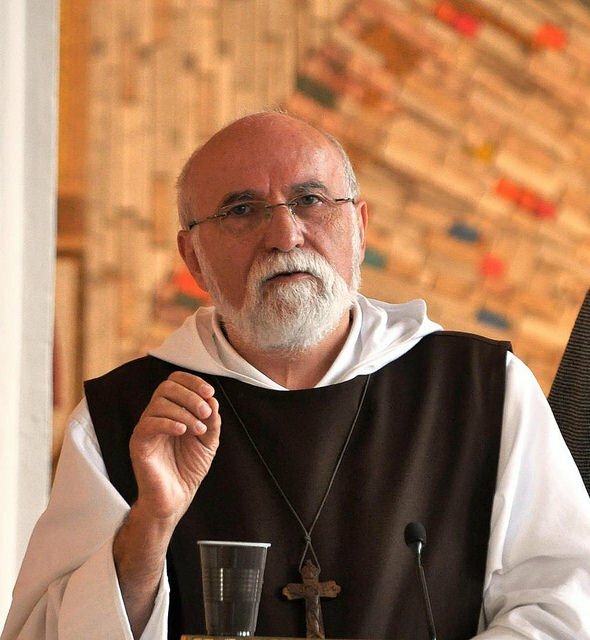
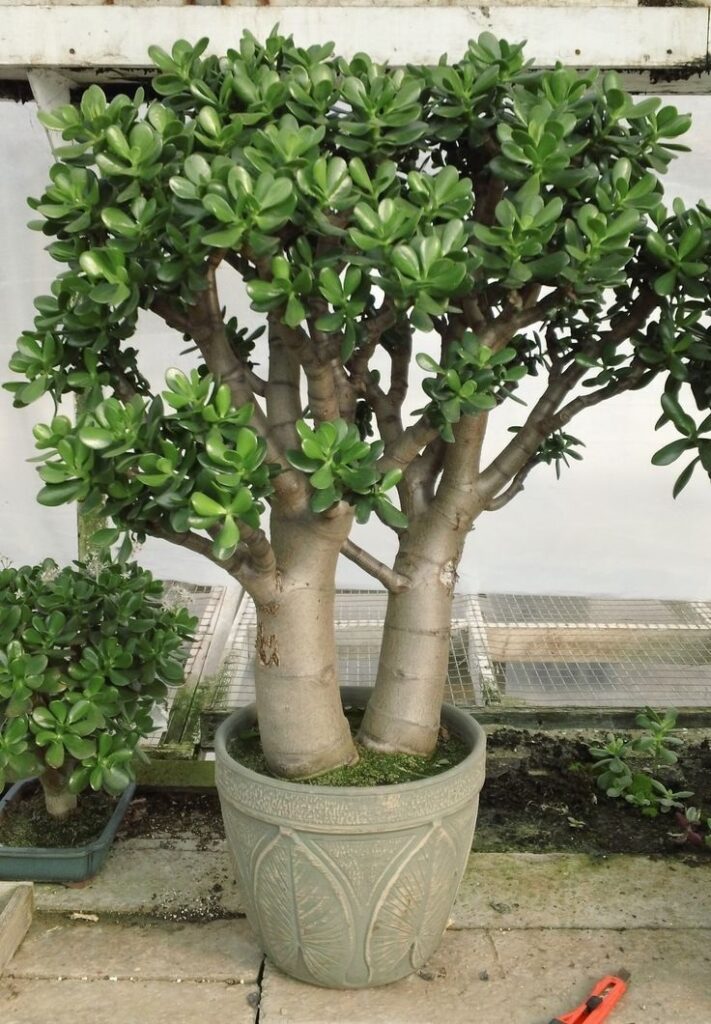
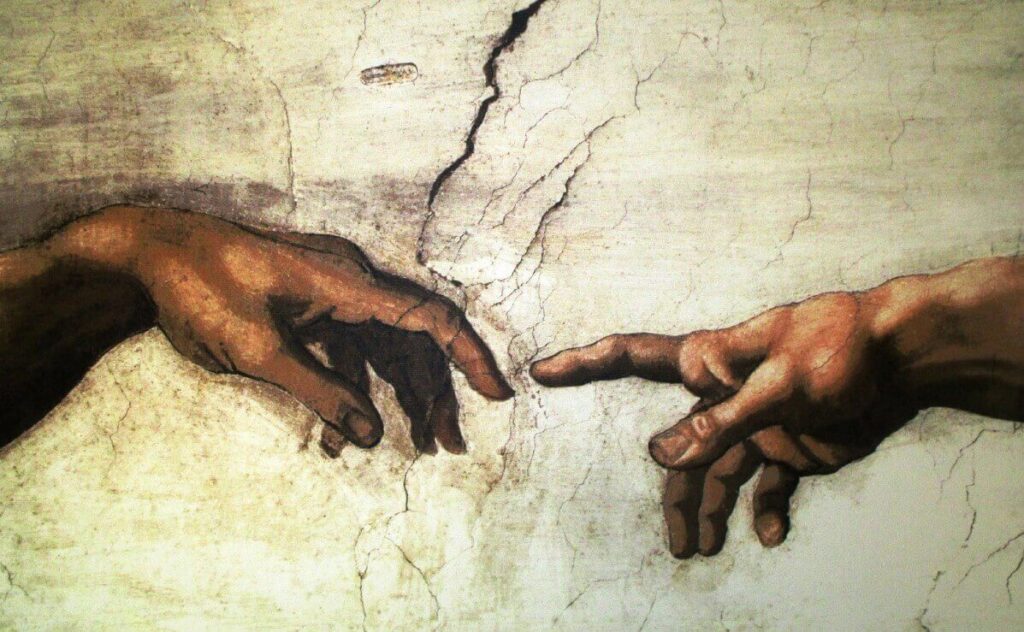
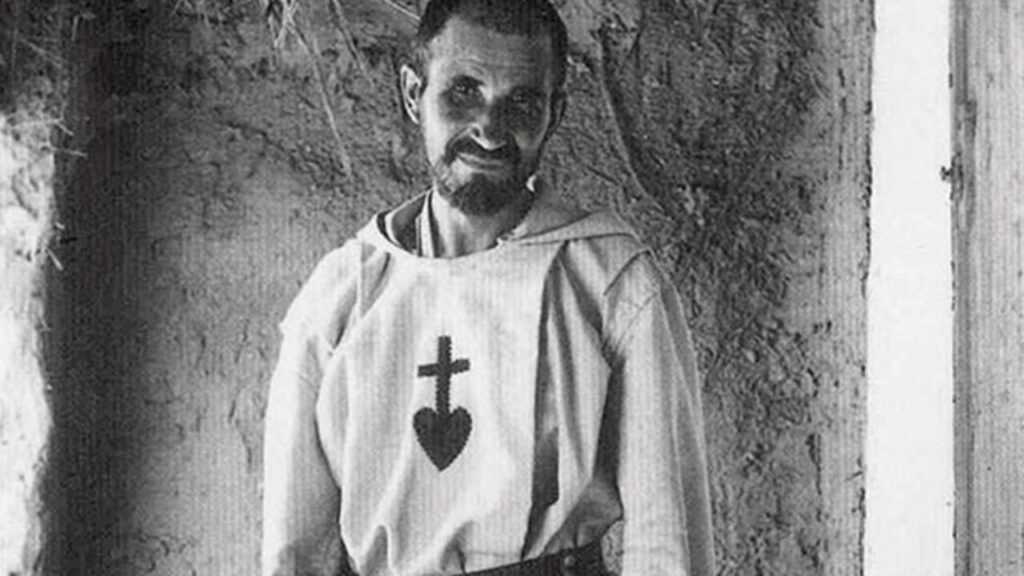
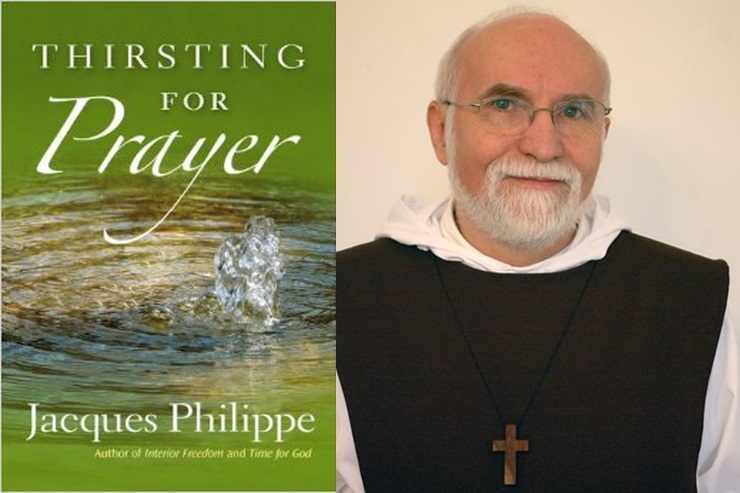
Recent Comments